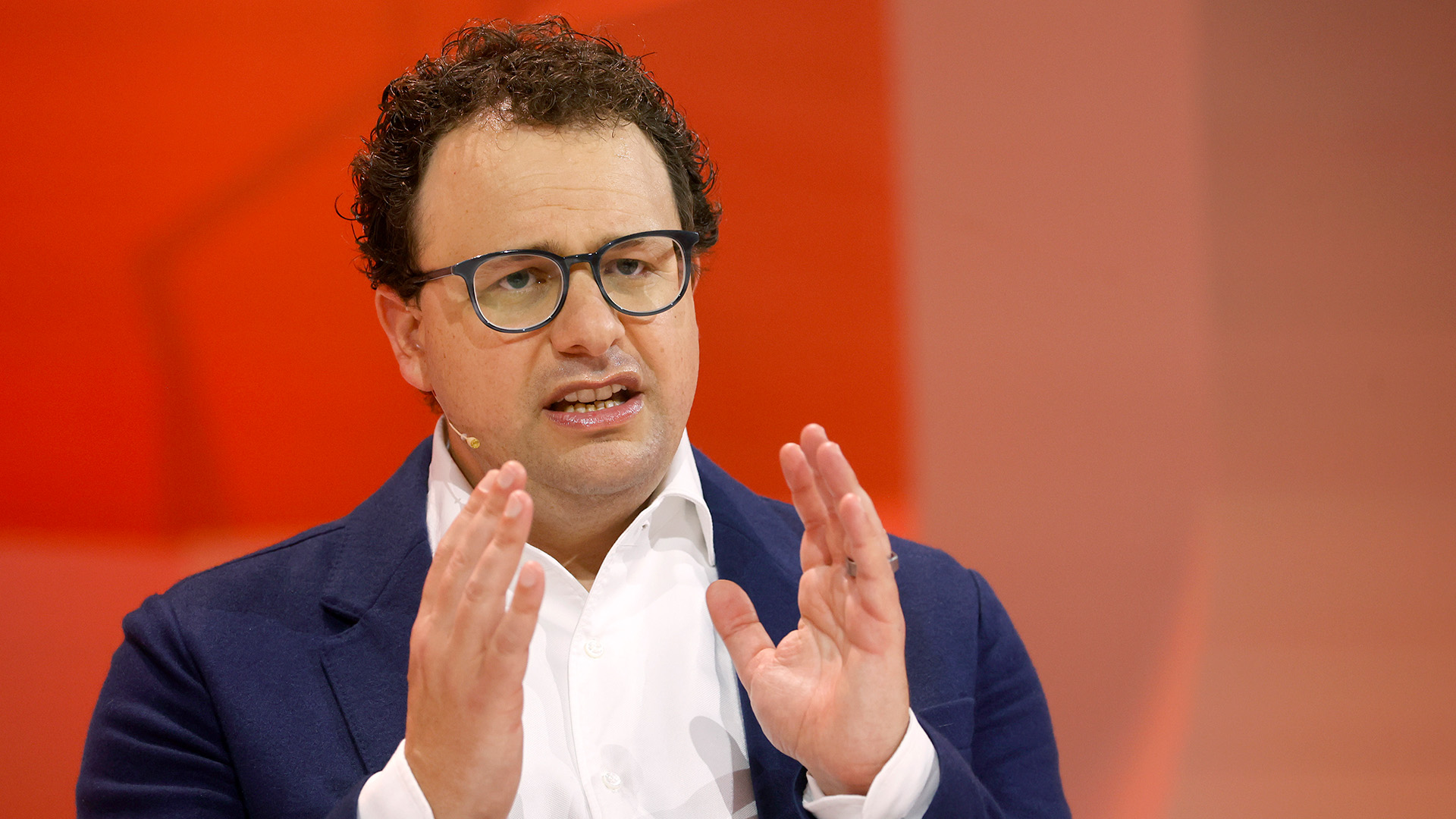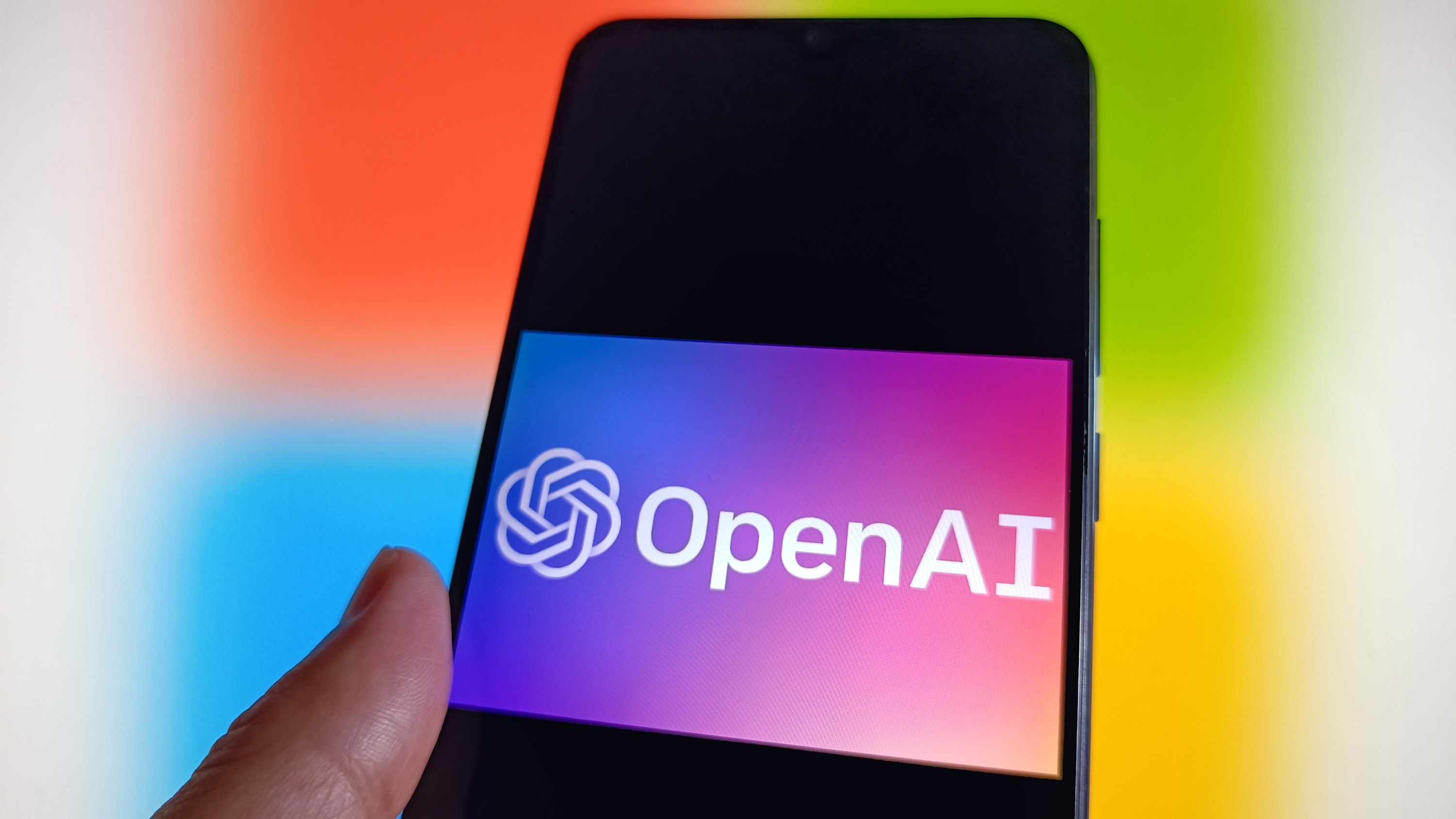"Smarter than a Nobel Prize winner" — artificial intelligence could solve the world's problems and upload our minds to the cloud, but it'll cost "trillions" of dollars, just as OpenAI's Sam Altman predicted
Anthropic's CEO claims that AGI could help alleviate poverty and sickness, but it would demand incredible computing power.

What you need to know
- Anthropic CEO Dario Amodei recently posted a blog post highlighting his thoughts on the trajectory of generative AI, including the alleviation of poverty and expedited medical breakthroughs from 100 years to a mere decade.
- The CEO outlines the vast resources required to bring his vision to fruition, including billions of dollars for computing power and trillions for building data centers.
- Anthropic is reportedly seeking to push its market valuation to $40 billion through a fresh funding round.
As we get deeper into the tunnel on board the AI train, it's becoming more apparent that it's an extremely expensive venture. For context, OpenAI spends up to $700,000 per day to keep ChatGPT running, which doesn't include the ridiculous amount of money spent on AI model training and staffing. Perhaps this could be one of the reasons why OpenAI is rumored to potentially hike the subscription fee for its next-gen AI models to $2000 per month.
Consequently, the ChatGPT has recently found itself between a rock and a hard place as it burns through wads of cash financing its sophisticated AI advances. More interestingly, OpenAI CEO Sam Altman shared an "absurd plan" that would require "$7 trillion and many years to build 36 semiconductor plants and additional data centers" to fulfill. And while an OpenAI spokesman refuted the claims by stating that the firm wasn't exploring multi-trillion-dollar projects, it goes to show how expensive AI advances are.
Like Sam Altman, Anthropic CEO Dario Amodei shares similar aspirations for artificial general intelligence (AGI), which he recently shared in his Machines of Loving Grace blog post. Per Amodei's speculations, AGI could expedite medical breakthroughs from 100 years to a decade, leading to major leaps in the effective treatment of illnesses like PTSD and depression.
And while it all looks promising on paper, there's a lot that needs to be done, including getting investors on board and raising hundreds of billions to train AGI models. Amodei claims AGI might be a fireproof way to alleviate world poverty. Aside from the hundreds of billions required for training, the CEO indicates that there will also be a dire need for trillions of dollars worth of data centers to make this dream come to a reality.
As you may know, generative AI's demand for electricity to power its advances and cooling water is at an all-time high. For context, Microsoft and Google consume more power than 100 countries. Similarly, OpenAI's GPT-3 model consumes four times more water than previously thought for cooling.
According to Anthropic's CEO:
“Of course no one can know the future with any certainty or precision, and the effects of powerful AI are likely to be even more unpredictable than past technological changes, so all of this is unavoidably going to consist of guesses.”
All the latest news, reviews, and guides for Windows and Xbox diehards.
I don’t know if this world is realistic, and even if it is, it will not be achieved without a huge amount of effort and struggle by many brave and dedicated people. Everyone (including AI companies!) will need to do their part both to prevent risks and to fully realize the benefits.
Dario Amodei, Anthropic CEO
This news comes after OpenAI's Sam Altman claimed superintelligence might be "a few thousand days away." Anthropic is reportedly trying to raise money for its AI advances through a funding round that could push its market cap well beyond $40 billion. Amodei also indicated that he wasn't shy about highlighting the risks AI poses to humanity.
“I don’t know if this world is realistic, and even if it is, it will not be achieved without a huge amount of effort and struggle by many brave and dedicated people,” he added. “Everyone (including AI companies!) will need to do their part both to prevent risks and to fully realize the benefits.”
Sophisticated AI advances cost a ton
Over the past few years, more people and organizations have begun to embrace and integrate generative AI into their workflows to promote efficiency and effectiveness across medicine, education, computing, entertainment, and more. In return, the technology has rapidly progressed but there are critical issues abound.
OpenAI was reportedly on the verge of bankruptcy, with projections of making a $5 billion loss within the next 12 months. However, Microsoft, NVIDIA, and other key investors, including Thrive Capital, participated in the ChatGPT maker's latest round of funding, raising $6.6 billion to extend its lifeline, pushing its market valuation to $157 billion.
Interestingly, a recent report suggested that OpenAI will possibly burn through $44 billion before it makes a profit in 2029. The report attributed its prediction to OpenAI's complicated multi-billion dollar partnership with Microsoft. At the same time, investors have started raising concerns over Microsoft's spending on AI projects as it struggles to establish profitability in the relatively new landscape.
Market analysts and experts predict investors will run out of patience and opt to channel their money elsewhere rather than "throwing it away" in the volatile AI landscape. They further speculate that this might prompt Microsoft to buy OpenAI within the next three years.
As a blatant attempt to avoid hostile takeovers and outsider interference, the ChatGPT maker is exploring a public benefit structure that could potentially hurt its founding mission. Pressure continues to mount on OpenAI as it could reportedly be mandated to return the money raised by investors in its latest funding round if it can't turn into a for-profit venture within the next two years.
🎃The best early Black Friday deals🦃
- 💻Dell XPS 16 (RTX 4060) | $2,299.99 at Best Buy (Save $750!)
- 📺LG Curved OLED Monitor (32-inches) | $898.20 at Amazon (Save $602!)
- 🎮Amazon Fire TV Xbox Game Pass bundle | $74.99 at Amazon (Save $62!)
- 🔊2.1ch Soundbar for TVs & Monitors | $44.99 at Walmart (Save $55!)
- 💻Dell G16 Gaming Laptop (RTX 4070) | $1,299.99 at Dell (Save $450!)
- 🎧Sennheiser Momentum 4 ANC | $274.95 at Amazon (Save $125!)
- 📺LG C4 OLED 4K TV (42-inches) | $949.99 at Best Buy (Save $450!)
- 💻Samsung Galaxy Book4 Edge (X Elite) | $799.99 at Best Buy (Save $550!)

Kevin Okemwa is a seasoned tech journalist based in Nairobi, Kenya with lots of experience covering the latest trends and developments in the industry at Windows Central. With a passion for innovation and a keen eye for detail, he has written for leading publications such as OnMSFT, MakeUseOf, and Windows Report, providing insightful analysis and breaking news on everything revolving around the Microsoft ecosystem. While AFK and not busy following the ever-emerging trends in tech, you can find him exploring the world or listening to music.

